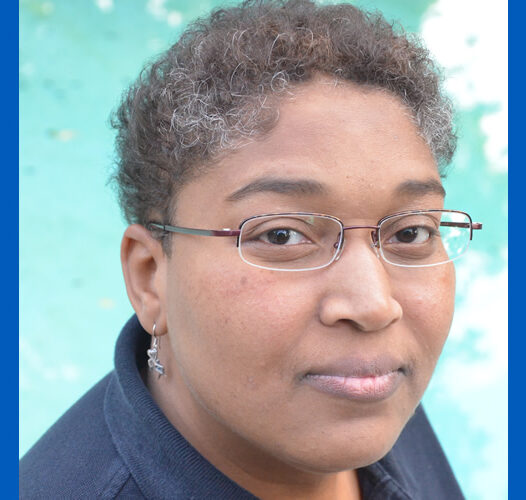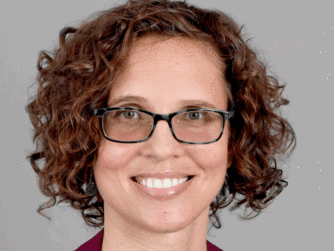Dr. Devonya Havis
In this episode, Dr. Devonya Havis describes how “Stand Your Ground” legislation, intended to safeguard our society’s most vulnerable members, has been utilized in ways that perpetuate and even exacerbate existing disparities experienced by persons of color. She discusses implicit bias, the bidirectional relationship between blackness and crime, “reasonable belief”, and how these forces combine to shape individual behavior as well as societal institutions and systems.
Devonya N. Havis is an Associate Professor of Philosophy at Canisius College in Buffalo, NY. She has taught courses in Ethics, Contemporary Continental Philosophy, Critical Philosophy of Race, and Black Women’s thought at Boston College, Harvard University, and Virginia Union University. Her writings include “Blackness Beyond Witness” in Philosophy and Social Criticism, “‘Now, How You Sound’: Considering a Different Philosophical Praxis,” in a special issue of Hypatia entitled AInterstices: Inheriting Women of Color Feminist Philosophy, and “Discipline” in the Cambridge Foucault Lexicon. She has a longstanding concern with utilizing philosophy to enhance awareness and promote counter-oppressive practices. Her chapter, “‘Seeing Black’ through Michel Foucault’s Eyes: ‘Stand Your Ground’ Laws as an Anchorage Point for State-Sponsored Racisms,” is included in Pursuing Trayvon Martin: Historical Contexts and Contemporary Manifestations of Racial Dynamics.
Interviewer: Steven Halady, PhD





